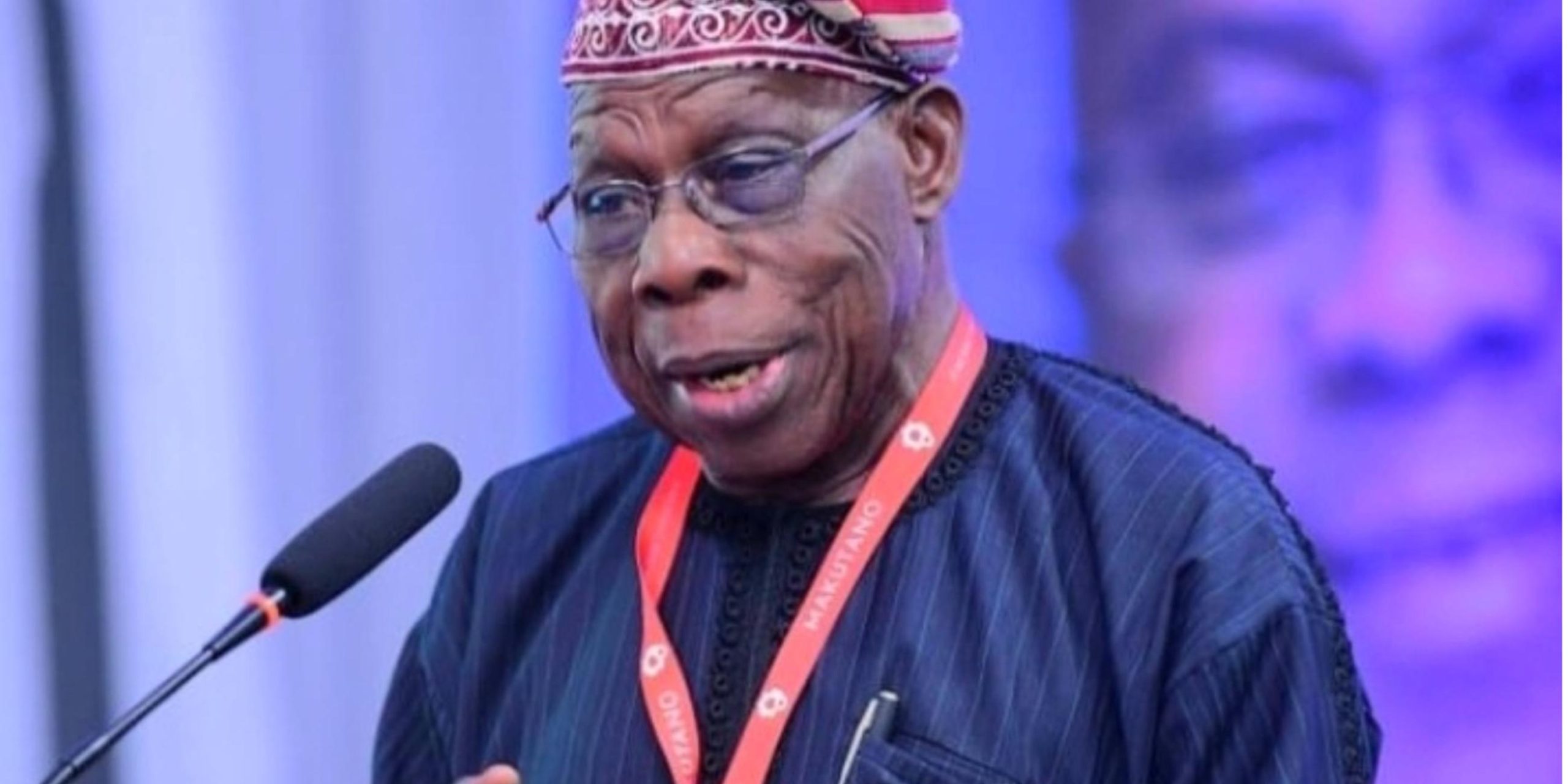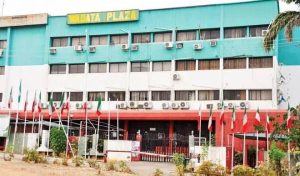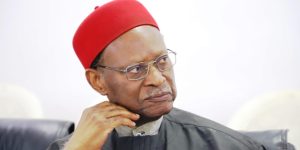Obasanjo: Disinformation That Fueled Nigerian Civil War Still Empowers Terrorism in Northeast
At the sixth annual Nigerian Civil War Symposium organized by the Army War College Nigeria (AWCN) in Abuja, former President Olusegun Obasanjo made a sobering revelation: disinformation not only fanned the flames of the Nigerian Civil War from 1967 to 1970 but remains a core tactic in contemporary terrorism in Nigeria’s northeast.
Obasanjo, who played a pivotal role during the Civil War and later became Nigeria’s head of state, addressed a captivated audience on the theme: “The Role of Disinformation in the Nigerian Civil War.” He emphasized that false narratives, propaganda, and psychological warfare were deliberately deployed by various factions during the war, and their modern-day parallels are just as destructive.
“Disinformation played a significant role in the Nigerian Civil War, exacerbating tensions and influencing public opinion,” Obasanjo said. “The same strategy is currently being employed by the insurgents in North East and other violent groups in other parts of Nigeria.”
His remarks contextualize Nigeria’s prolonged battle against extremism. In the northeast, Boko Haram and ISWAP (Islamic State West Africa Province) continue to weaponize digital platforms to radicalize youth, spread fear, and fracture social cohesion. Obasanjo’s warning was clear: history is repeating itself under a new guise, and Nigeria must urgently invest in historical literacy, information regulation, and strategic communication.
He praised the Army War College Nigeria for its decision to integrate the study of the Nigerian Civil War into its training curriculum. Obasanjo argued that military officers, policymakers, and civilians alike must examine the past to better navigate the present. He quoted the proverb, “A child who does not learn history will be told history,” emphasizing the need to draw practical lessons from Nigeria’s painful past.
The Nigerian Civil War, which erupted following the attempted secession of Biafra in 1967, led to the deaths of an estimated one to three million people, mostly civilians. Throughout the conflict, both sides engaged in disinformation campaigns, using radio, leaflets, and international media to gain sympathy, demonize opponents, and manipulate public perception.
The guest lecturer, Professor Christopher Ogbogbo, Vice Chancellor of Admiralty University, delved deeper into the consequences of wartime propaganda. He highlighted how misinformation influenced international responses and escalated humanitarian crises. “We cannot underestimate the power of manipulated narratives,” Ogbogbo said. “In the Civil War, the line between truth and fiction was intentionally blurred to serve strategic ends. The same tactics are being mirrored in today’s asymmetric warfare.”
Major General Umar Alkali, Commandant of AWCN, reaffirmed the relevance of the symposium. He explained that the event was designed to sharpen the analytical and leadership skills of participants in the AWCN Course 9/2025. Alkali noted that the inclusion of the Civil War study in the curriculum is a deliberate effort to foster critical thinking and strategic foresight among military leaders.
YOU MAY READ
The Tragic End of Stella Obasanjo: When Beauty Became the Beast
“By understanding how disinformation shaped the Nigerian Civil War, we are better equipped to manage the information space in today’s battles,” Alkali said. He added that this objective is in line with the Chief of Army Staff’s Command Philosophy of building a combat-ready and professional force.
Beyond the military implications, Obasanjo’s commentary challenges Nigeria’s broader information ecosystem. He advocated for institutional mechanisms to combat fake news, enhance media literacy, and promote ethical journalism. He also called for collaboration between security agencies and the media to ensure responsible reportage, especially in conflict-prone zones.
Observers noted that Obasanjo’s remarks carry extra weight given his background as both a military commander and civilian leader. His dual perspective underscores the continuity between the old and new threats confronting Nigeria. From the Biafran war to Boko Haram insurgency, disinformation remains a persistent and evolving weapon of war.
As the symposium concluded, attendees agreed that understanding the historical role of disinformation is not merely academic. It is a necessary step toward national resilience. Civil society, media practitioners, educators, and policymakers were urged to treat information as a strategic asset—capable of either uniting or destroying nations.
The AWCN Civil War Symposium has emerged as a pivotal forum for engaging with Nigeria’s past in order to secure its future. As Nigeria continues to battle insurgency, banditry, and sectarian unrest, the lessons drawn from the Civil War remain both timely and timeless. Obasanjo’s speech was not just a warning, but a call to action: to scrutinize the information we consume, question the narratives we endorse, and defend the truth with the same urgency as we do our borders.





